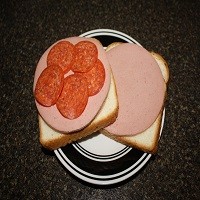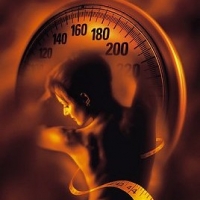1 of 9

Exercise dampens your appetite
A good sweat session works up an appetite, the thinking goes. But recent research shows that exercise may actually make you less likely to overeat. A study from the U.K. found that women who ran on a treadmill for 90 minutes had lower levels of hunger-inducing ghrelin and higher levels of appetite-suppressing peptide YY. The opposite was true for women who achieved the same calorie deficit by eating less. Later that day, when the dieters were offered a buffet meal, they ate roughly a third more than the exercisers. "If you're engaging in vigorous exercise because you're training for a marathon, then, yes, you will feel famished," says Pamela Peeke, MD, clinical assistant professor at the University of Maryland School of Medicine and author of The Hunger Fix. But that won't happen after a dance class, she assures, in which you burn about 350 calories.
2 of 9
3 of 9
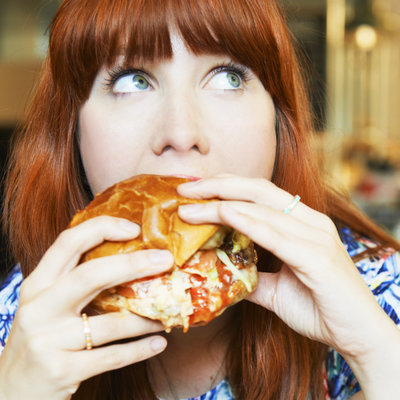
Slimming down makes you hungrier
"It's a sad truism of human biology," says Dr. Aronne. "Your body is designed to resist famine, and it will fight to make sure you get back to your previous weight." Blame the hormone leptin: A recent study of 14 former Biggest Loser contestants revealed that their levels of the appetite-suppressing hormone dropped steeply after they shed large amounts of weight. Over time, their leptin levels increased but didn't return to what they were originally—which set the contestants up to feel hungry and could explain why most of them regained much of the weight they had lost. But here's the good news: Losing a smaller amount of poundage (say, 5 percent of your body weight) doesn't trigger the same hormone change, so keeping those pounds off is easier, says Dr. Aronne.
3 of 9
4 of 9

You get those menstrual munchies for a reason
Hey, you, sitting on your couch devouring a bag of salt-and-vinegar chips: Yes, you can fault your hormones. There's bona fide research to explain PMS-related bingeing. Women are more likely to overeat before their period, when their progesterone levels are peaking and their feelings of body dissatisfaction are highest, suggests a study from Michigan State University. Ever wondered why it seems easier to stick to your diet midcycle? Some research suggests that estrogen, which peaks before ovulation, acts as an appetite suppressant.
4 of 9
5 of 9
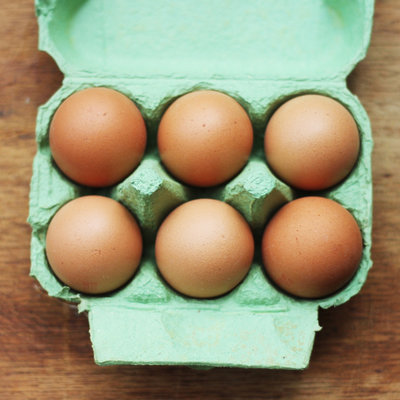
Certain foods can curb your cravings
Fill up on these four foods to help curb cravings.
Barley: The whole grain lowers blood sugar and insulin, found a 2016 Swedish study, and prompts a rise in hormones that regulate appetite.
Water: In research from Virginia Tech, folks who downed two cups of water before a meal ate 75 to 90 fewer calories than people who didn't hydrate before eating.
Eggs: Overweight women who ate a 350-calorie, protein-rich breakfast snacked on fewer fatty and sugary foods than those who skipped breakfast or ate cereal, per a 2013 study.
Red pepper: Adding a dash of this spice to your meal may help manage hankerings for fatty, salty, or sweet foods, according to research out of Purdue University.
5 of 9
6 of 9
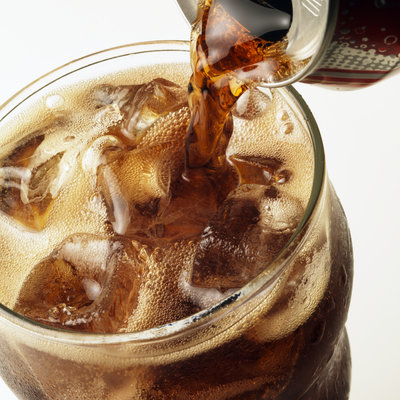
...Other foods can make cravings worse
To curb your appetite, steer clear of these four foods.
Rice cakes: Like other low-fat starches and sugars, they have a high glycemic index, meaning they cause your blood sugar to spike, then plunge—leaving you ravenous.
Diet drinks: Because they're so sweet, they lead your body to expect a burst of fuel. Your brain instructs you to eat in order to provide those missing calories.
Packaged snacks: Many processed, packaged foods are made with high fructose corn syrup; a Yale study suggests that fructose may trigger overeating because consuming it doesn't effectively quell hunger.
Red meat: It's OK on occasion, but red meat is high in iron, which in large amounts suppresses appetite-curbing leptin, per a 2015 study from Wake Forest Baptist Medical Center.
6 of 9
7 of 9
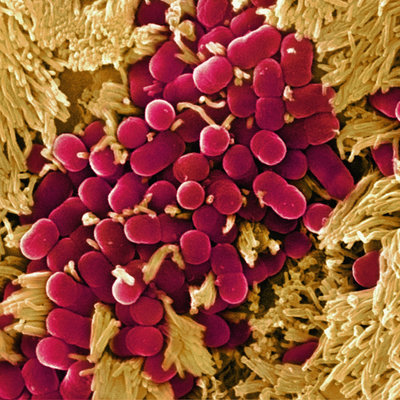
Your gut flora help control what you eat
"If you look at the gut microbiome of an obese individual, it's very different from a lean person's," says Ofer Reizes, PhD, faculty in cellular and molecular medicine at the Cleveland Clinic Lerner Research Institute. "In animal studies, GI bacteria seem to affect both appetite and metabolism." Indeed, new research suggests that certain bugs can promote a feeling of fullness: A 2015 French study found that a "good" strain of E. coli pumps out proteins that stimulate the release of the satiety hormone peptide YY about 20 minutes after a meal. You can help support the healthy micro-organisms in your gut by eating foods that friendly bacteria like to feed on—think high-fiber whole foods (fruits, veggies, legumes) and probiotic-rich fermented foods, like kimchi and sauerkraut, says Dr. Peeke.
7 of 9
8 of 9
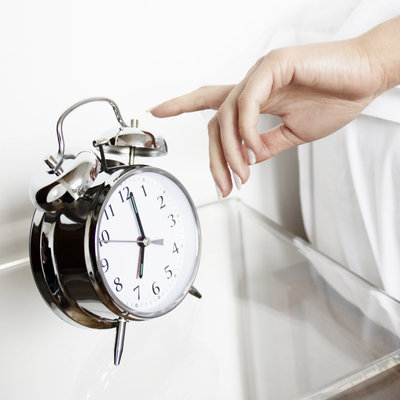
Starving? This might be why
You're not logging enough z's: Skimping on sleep can make you put on pounds. "Research shows that sleep deprivation reduces leptin and increases ghrelin levels," says Dr. Aronne. How much sleep is enough? Per Stanford University research, people who slept five hours a night saw their hunger hormones go haywire, compared with folks who slept eight.
You're beyond frazzled: When your brain is in chronic panic mode, it craves fat-or sugar-filled foods. You would have needed them back in caveman times to replenish after, say, fighting off wild animals, explains Dr. Peeke. Alas, today's pressures tend to suck your emotional rather than physical energy—so when you polish off a box of doughnut holes, the food just turns to fat.
You're taking certain meds: Some SSRI antidepressants have been linked to weight gain. Same goes for the migraine meds Depakote and Depakene, as well as certain sleeping pills and blood pressure drugs, says Dr. Lazarus, who is also secretary of the Obesity Medicine Association. If you notice increased hunger or weight gain, tell your doc. She may be able to prescribe an alternative.
8 of 9

